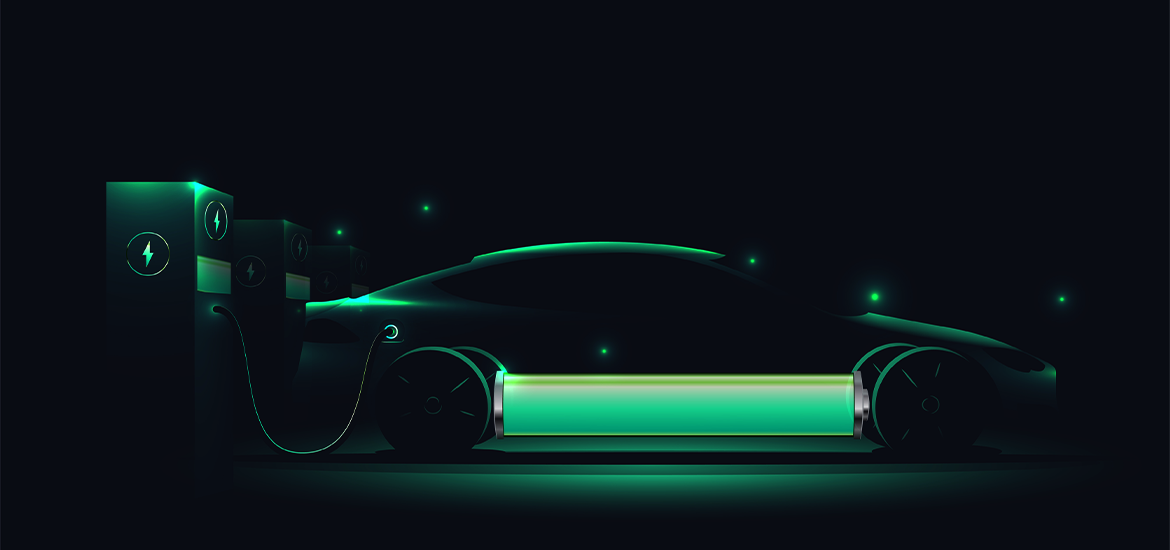
Why is My EV Taking Longer to Charge Than Usual?
If your EV is taking longer to charge than usual, this may be why.
A selling point of many electric car models is the time it takes to charge them. No one has time to wait for hours in the middle of a journey for their car to charge, so it can be frustrating if you find that your car is taking longer to charge.
Here are the main reasons why your car may be taking longer to charge than usual.
Cause 1: Mismatched Charging Capacity and Power Output
Each EV has a limit to its charging capacity. If you are charging your car with a ‘rapid charger’ and your car doesn’t support rapid charging, it will not charge as quickly as the charger may suggest. Your car is simply not equipped to handle the maximum output from the charging station.
In the same vein, if the charger’s maximum output is lower than the maximum power your car can use, it will take longer to charge than usual.
Solution: Ensure that your charger is correct, and replace as soon as possible.
Cause 2: Simultaneous Charging
If the charging station is busy, it may take longer for your car to charge. Usually where there are multiple charging points, they are connected to the same power source, meaning the chargers will have to share the power amongst them.
If you are using a public charging station and notice it looks busy, be prepared to wait a little longer for your car to charge. Alternatively, find another charging station which isn’t as busy so you can ensure you get the highest possible charging speeds.
Solution: Unfortunetly, you can't control who is using the charging station at the same time as you. Allow yourself extra time to charge at hubs if you are travelling during peak times.
Cause 3: State of Charge
Your ‘state of charge’ or ‘SoC’, refers to how full your battery is when you start charging it. Batteries charge the fastest when they are nearly empty. If you’re just topping your battery up rather than charging it in full, it may take longer to charge than if the battery was nearly empty.
Solution: Allow your battery to empty before you top up your battery.
Cause 4: Battery Deterioration
Although electric car batteries have a long lifespan, certain things can cause them to deteriorate faster than usual. If you charge your car for longer than recommended, it can get hot and damage the cells.
As a rule of thumb, charge to around 80%, especially if you are using a rapid charger. This will prevent the battery from getting too hot and extend its lifespan.
Solution: Only allow your battery to charge to 80%. If you are worried there is something wrong with your battery, book a service.
Cause 5: Battery Temperature Too High or Too Low
Electric car batteries are designed to perform best at around twenty degrees Celsius. If the battery gets cooler or hotter than this, it will have an affect on the battery capacity.
EVs are equipped with a battery management system (BMS) to monitor the batteries operation and adjusts the charging in order to preserve its health. So if its particularly hot or cold, you may find that the battery will slow down the charging rate to protect it from damage.
Solution: Try and park your car in the shade during the summer, and allow it to cool down before you charge.
Cause 6: You’re Inside the Car
This one might seem odd, but being inside your vehicle whilst it is charging can slow it down. Without thinking about it you may be using the sound system or the air conditioning, which will redirect the energy from the charger to power these systems, meaning it’ll take longer for the battery to charge.
Solution: Its best to stay out of the car whilst you charge it. Many public charging stations have facilities you can use whilst you wait.
Cause 7: You Need a Software Update
It seems like an odd sentence when you are referring to a car, but your electric car isn’t too dissimilar to a computer. Software updates work in the same way they do on a PC and ensure that your car is working in its optimal condition.
Solution: If you notice your car is charging more slowly than usual, check to see if your car is up to date with the latest update.
If your car is taking longer than usual to charge, then it may be worth booking a repair so that a mechanic can take a look.